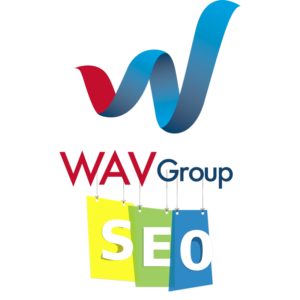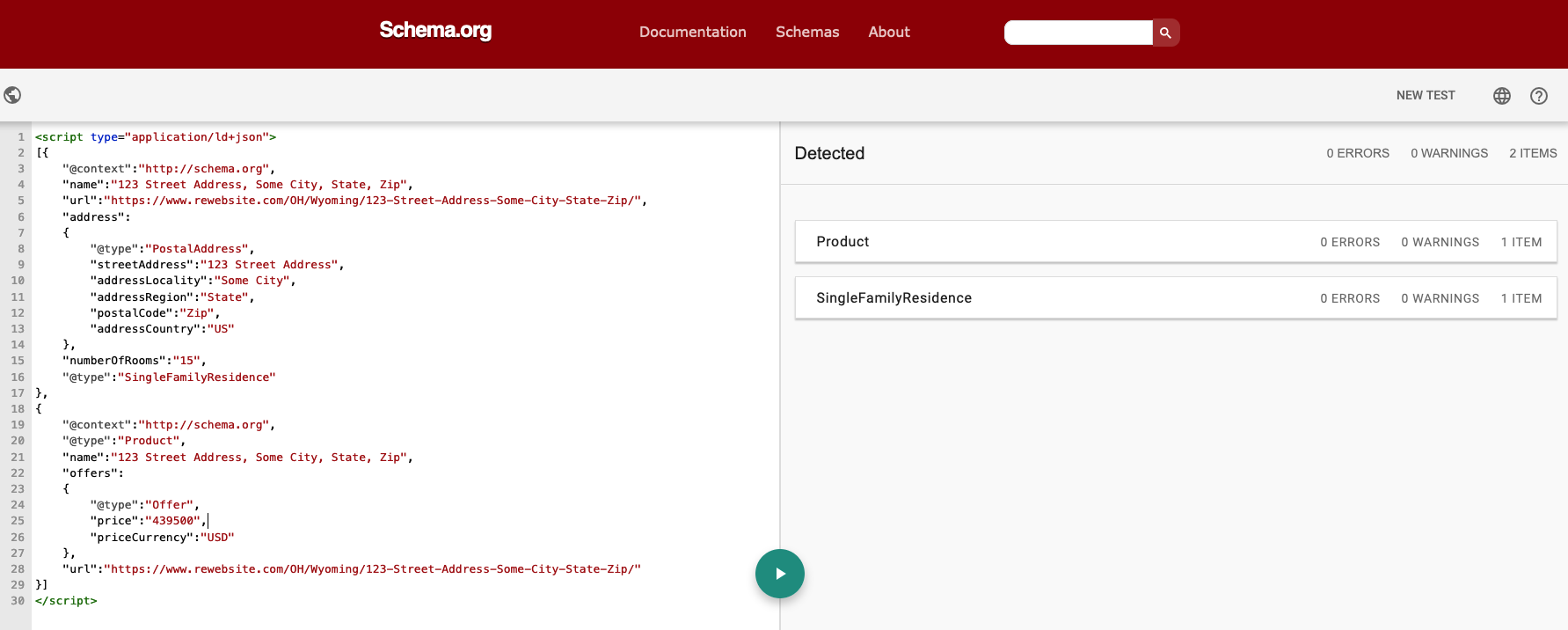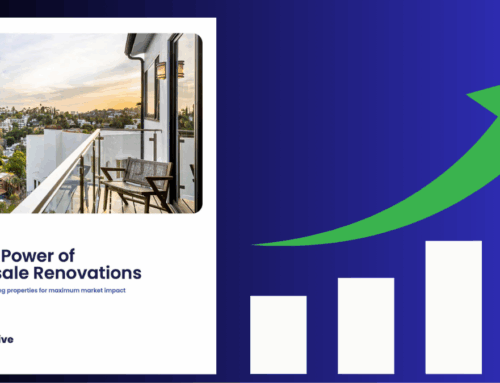If you’re a real estate agent, broker, or technology company, you know that having a website is essential for your business. It gives you a place to showcase your listings and services and allows potential clients to learn more about you and get in touch with you quickly.

However, simply having a website isn’t enough – you need to ensure that your site is optimized for search engines to attract more visitors. Yes, search engine optimization is still alive and continues to grow as it evolves in providing answers to people’s questions.
In this blog post, we will discuss three SEO strategies to help improve your website’s positioning in search engines and generate more readers and leads!
Content, Content, Content
The first is that the search engine’s artificial intelligence will play a prominent role in SEO rankings, especially Google. Most SEO experts focus on Google because of their search and Chrome web browser market shares. In the United States, Google maintains a 92% market share in search and averages around 63% market share of people using Chrome as a web browser. The other major search engines are Bing and Yahoo, which hold a combined market share of around 10%.
A search engine’s AI focuses on capturing consumer behavior metrics for ranking factors. This means that click-through rate, time people spend on a page, and other overall website metrics influence how the AI prioritizes content.
Therefore, when reevaluating SEO strategy, crafting well-organized and quality, engaging content is critical to success. What is essential to the readers of your content is also crucial to the search engine’s AI for ranking. This is where custom content on the property search result pages for neighborhoods and listing detail pages can improve SEO.
Guidelines for content creation are included in the E-A-T principle. Google defines E-A-T for expertise, authoritativeness, and trustworthiness. An approach that is excellent to use in evaluating the quality of content. A few guidelines to use when developing content with E-A-T in mind are:
- Does the content contain authentic information, reporting, research, or analysis?
- Is the content written by an expert demonstrating their knowledge about the subject?
- Is the content written very well, or is it sloppy?
- Are the facts in the content easily verifiable?
- Content writers who follow these simple guidelines achieve the desired results to improve search engine rankings.
Additionally, as AI continues to drive rankings, it impacts search results. As a result, it is possible that when submitting a search, a page may be #2, and when performing a subsequent search, the same page may be #5. Therefore, AI will adjust its page ranking based on the events at the time of a search.
Structured Data as a SEO Strategy
The second SEO strategy is to focus on optimizing your website with structured data. Most people are familiar with the concept of structured data, even if they don’t realize it. Structured data is simply information that is organized in a predefined way. This can include things like open houses, homes for sale, and site structure.
By adding structured data to your site, you are essentially providing a map for search engines to follow. This makes it easier for them to index your content and display it in search results. In addition, structured data can also help you improve your click-through rate by making your listings more relevant and user-friendly.
However, there is a catch. Don’t overuse structured data or resort to black-hat methods. Google just takes advantage of specific structured data, which must be implemented correctly for the content’s trustworthiness to be confirmed.
As you can see, structured data is an integral part of SEO. If you want your site to be successful, make sure you take advantage of this powerful tool.

Accessibility
Lastly, one of the benefits of SEO is that it can help improve the accessibility of a site. Optimizing the website for Google search can also help make it more accessible for people with disabilities who use screen readers and other assistive technologies.
According to WCAG 2.1, one of the success criteria for accessibility is that “webpages can be parsed unambiguously by software.” This means that screen readers and other assistive technologies should be able to interpret the content on a webpage without any ambiguity. However, many websites are not well-optimized for SEO, so it can be difficult or impossible for these technologies to parse. Therefore, improving the SEO of a website can also help to enhance its accessibility.
If you implement these three SEO strategies, you will be well on your way to improving your website’s ranking in search engines and generating more leads! The last thing you want to do is to ignore or think SEO is not a practical part of a marketing strategy.
What other SEO strategies have you used to improve your website’s ranking? Please share your tips with us in the comments below! And if you’re looking for more help, contact the WAV Group. WAV Group explicitly focuses its SEO strategies on the real estate industry.




